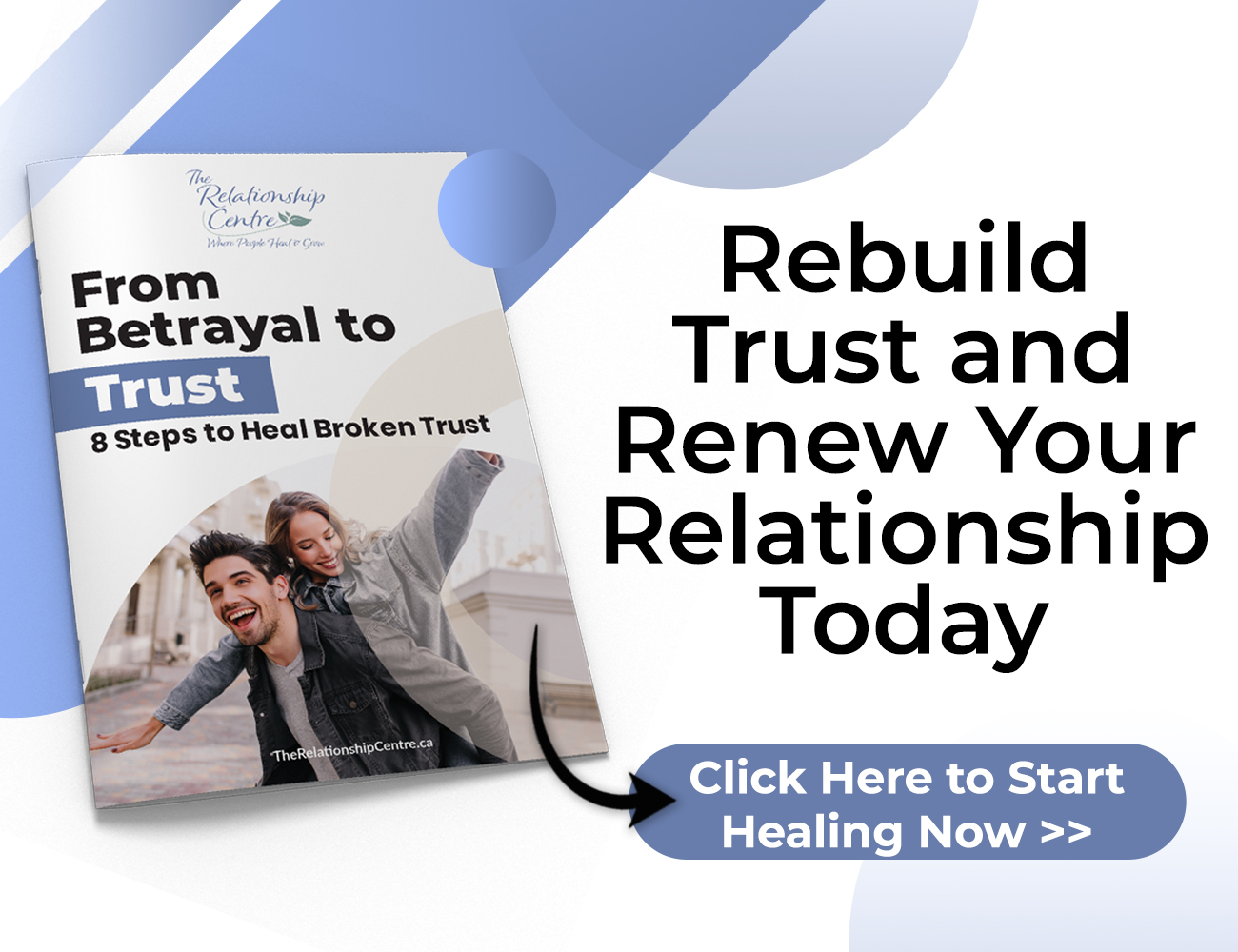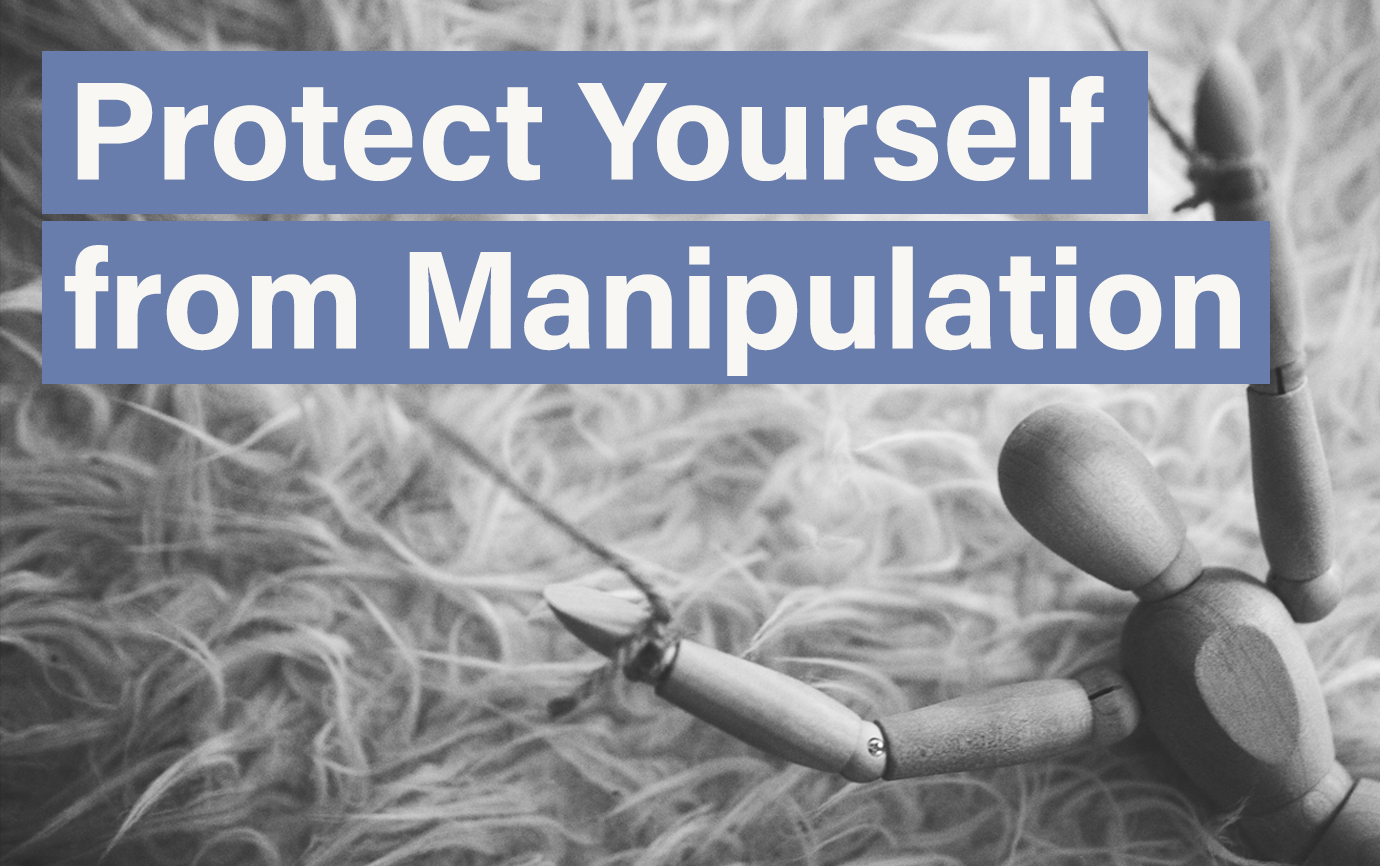Self-compassion is having the same compassion towards yourself that you have towards others. I often ask my clients to talk to themselves the same way they would talk to their best friend. And I will light-heartedly say,” if you talked to your friends the way you typically talk to yourself, you would not have any friends – you can be quite mean”. Sadly, many people can relate.


Why is it so much easier to have compassion for others?
Compassion for others comes from a place where you recognize someone is suffering and you are moved by their experience. Your heart feels for the suffering they are going through. Compassion for others is not pity. In a way you are identifying with the person you see struggling. It is recognizing that everyone is human and imperfect. And you recognize that suffering, failure and imperfection are part of the shared human experience. Having compassion also means you offer understanding and kindness.
Self-compassion involves acting the same way toward yourself when you are having a difficult time, fail, or notice something you don’t like about yourself. It is about taking the compassion you easily feel towards someone else’s suffering and turn it in towards yourself.
Sounds easy right? Unfortunately, given today’s culture that values performance and perfection, this has become a difficult skill to master. From body image, to planning a birthday, to relationships and sex, to being an involved parent, to finding work-life balance we are constantly reminded of what the expectation is and how we fail to meet this expectation every day. And this can be so hurtful to our soul.
Why is Self-Compassion Important?
When we are lacking self-compassion we tend to talk to ourselves in ways that are negative, harsh and judgemental. Over time this erodes our self-esteem and leads to negative feelings about ourselves, our worth and our ability to contribute in meaningful ways. It also impacts how happy we feel, our sense of optimism and our willingness to be curious and take risks. And unknowingly, it also impacts our relationships.
Dr. Kristen Neff is the psychologist that has been credited with empirically validating self-compassion. She describes self-compassion as “a practice in which we learn to be a good friend to ourselves when we need it most – to become an inner ally rather than in inner enemy.”
She defines the three elements of self-compassion:
- Self-kindness – as humans we will make mistakes, suffer failures, and have inherit areas of weakness; self-compassion allows us to be warm, understanding and kind to ourselves in these moments. Self-compassionate people recognize that experiencing difficulties is inevitable and then can be gentle with themselves during these times.
- Common Humanity – recognizing that we are not in this alone. We are not the only one experiencing hurt or suffering as a result of mistakes we have made or disappointments we have experienced. Self-compassion involves recognizing that suffering and personal inadequacy is part of a shared human experience.
- Mindfulness – the ability to take a balanced approach to our negative emotions so that the feelings are neither supressed or exaggerated. We make space for a negative emotion while remaining open and non-judgemental towards it.
Self-Compassion Quiz
The following quiz will give you a sense of how self-compassionate you are. The more items you agree with, the more self-critical you are likely to be, and the more you may benefit from practices designed to increase your self-compassion.
- I am very critical of myself when things do not go well
- If I make a mistake, I make harsh and negative statements about myself
- I don’t deserve to do nice things for myself
- I can’t accept mistakes I have made
- I find it hard to be kind to myself
- If something goes wrong I automatically blame myself
- I focus on things I do not like about myself and can’t stop thinking about them
- If I am struggling I do not treat myself with much care
- I focus on my faults and have a hard time letting them go
- If I fail at something I become consumed with feelings of inadequacy
If you are having difficulty being compassionate towards yourself we can help. Sometimes all you need is the right person to guide you to being more loving towards yourself, unhooking from self-judgment and embracing your unique and wonderful self. Reach out to us today!
by Mary Joan Brinson MSW, RSW












